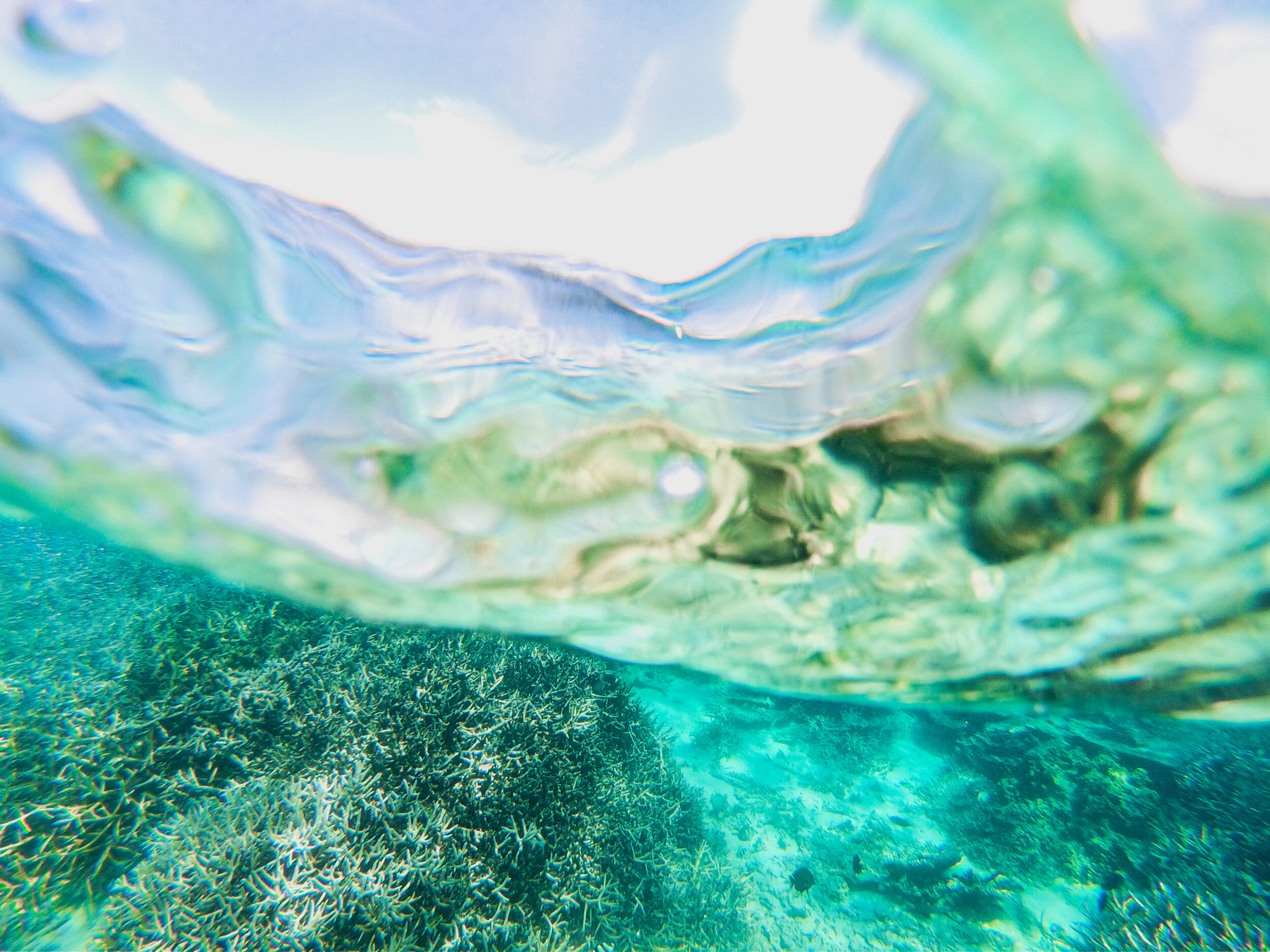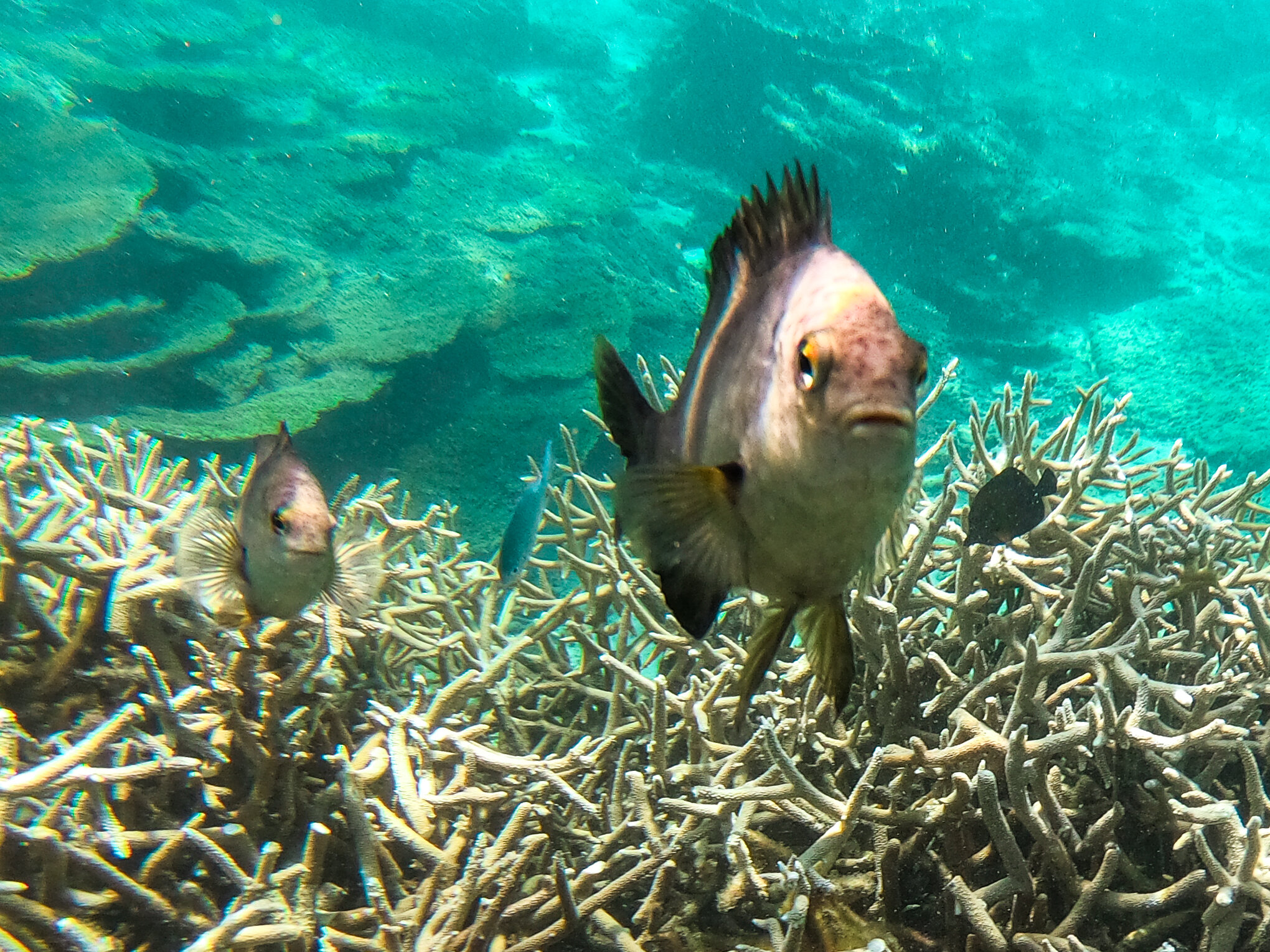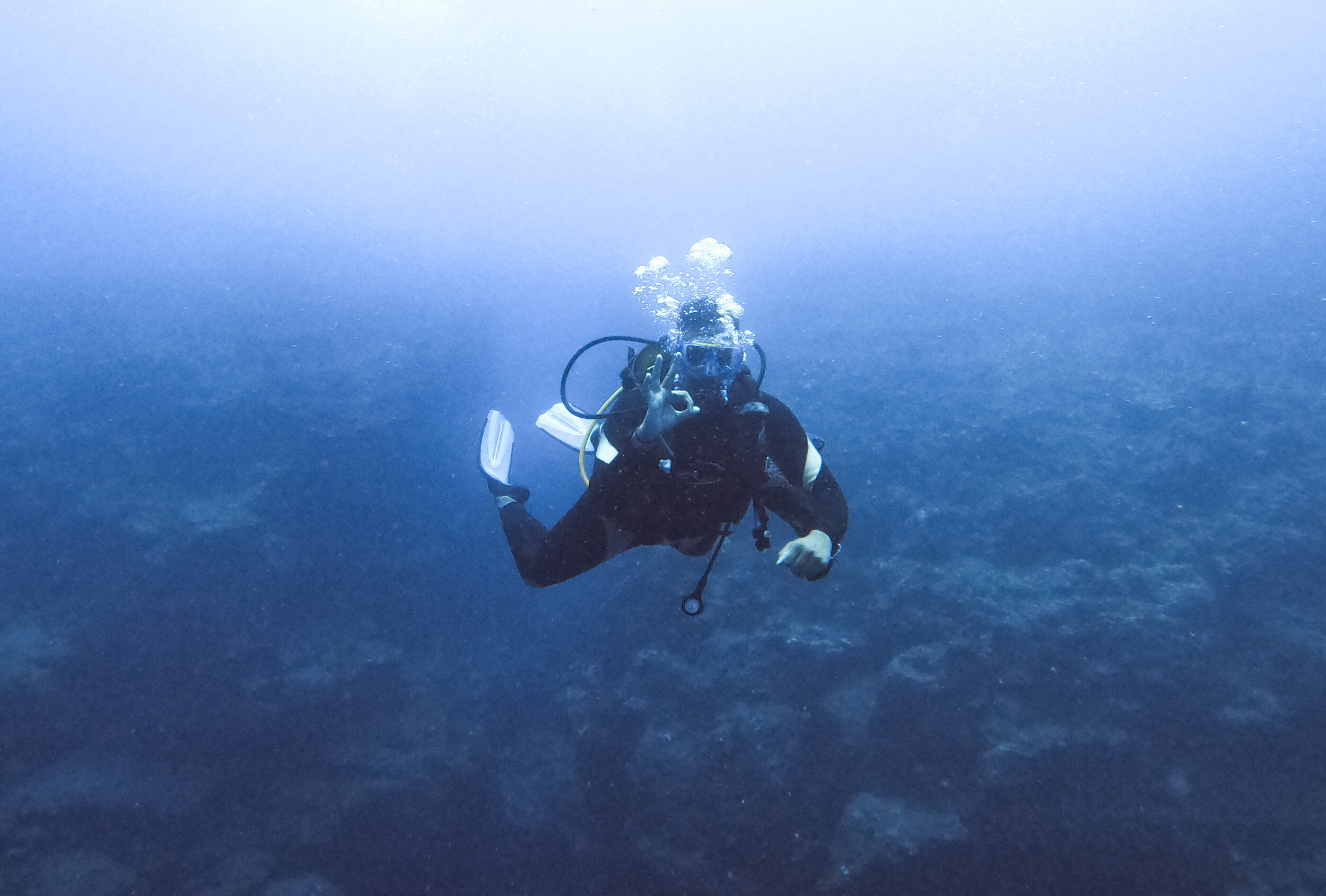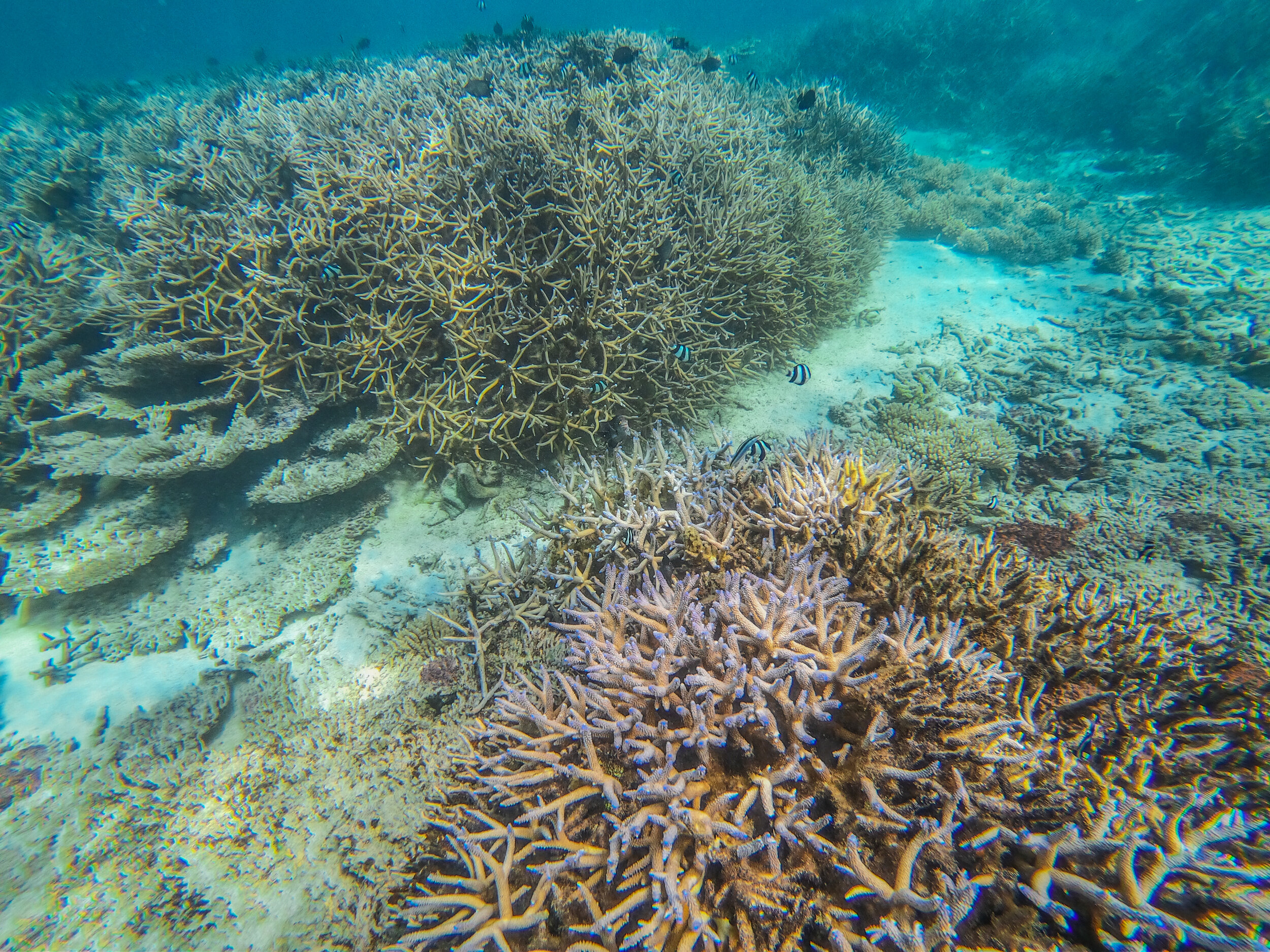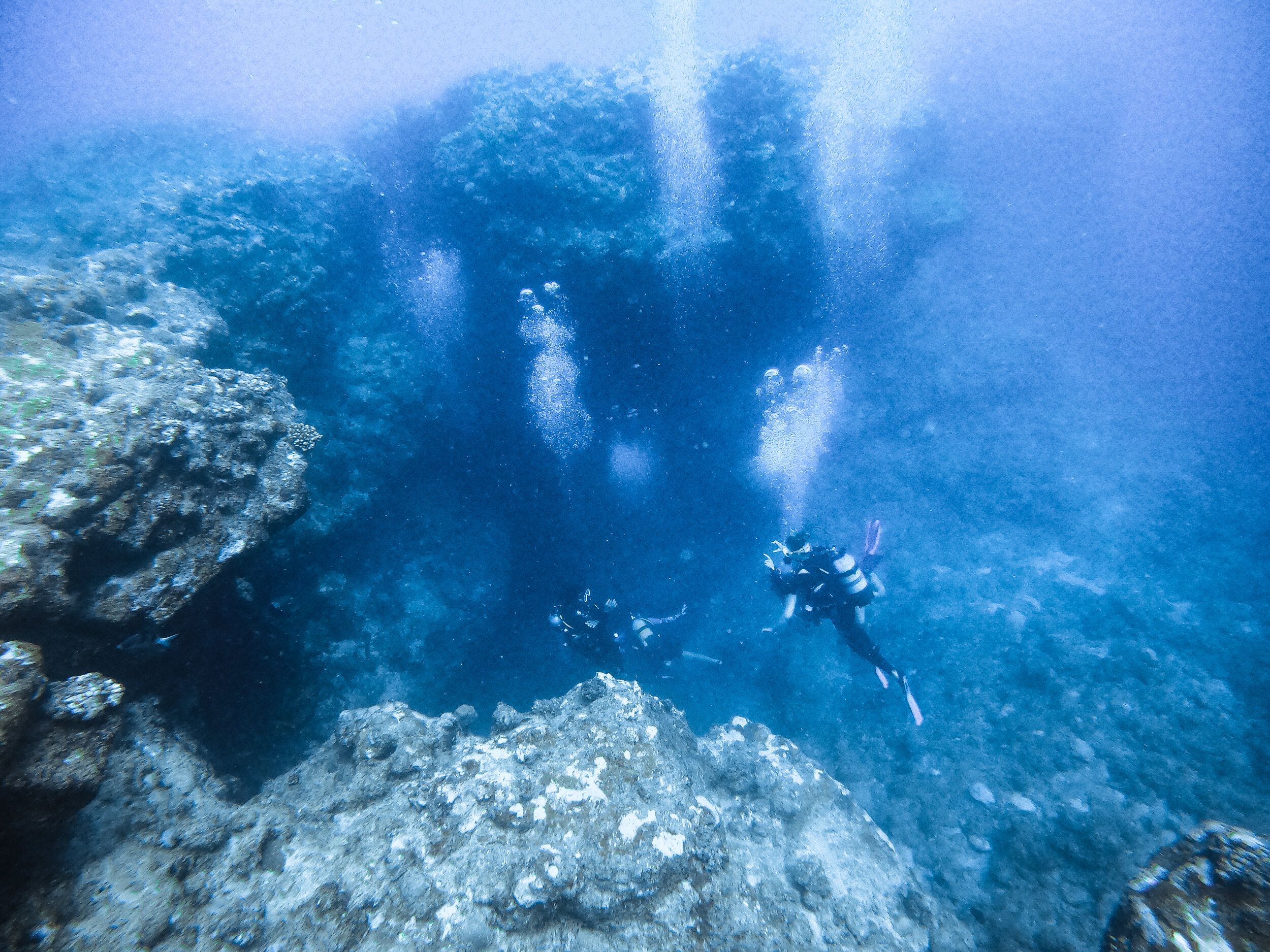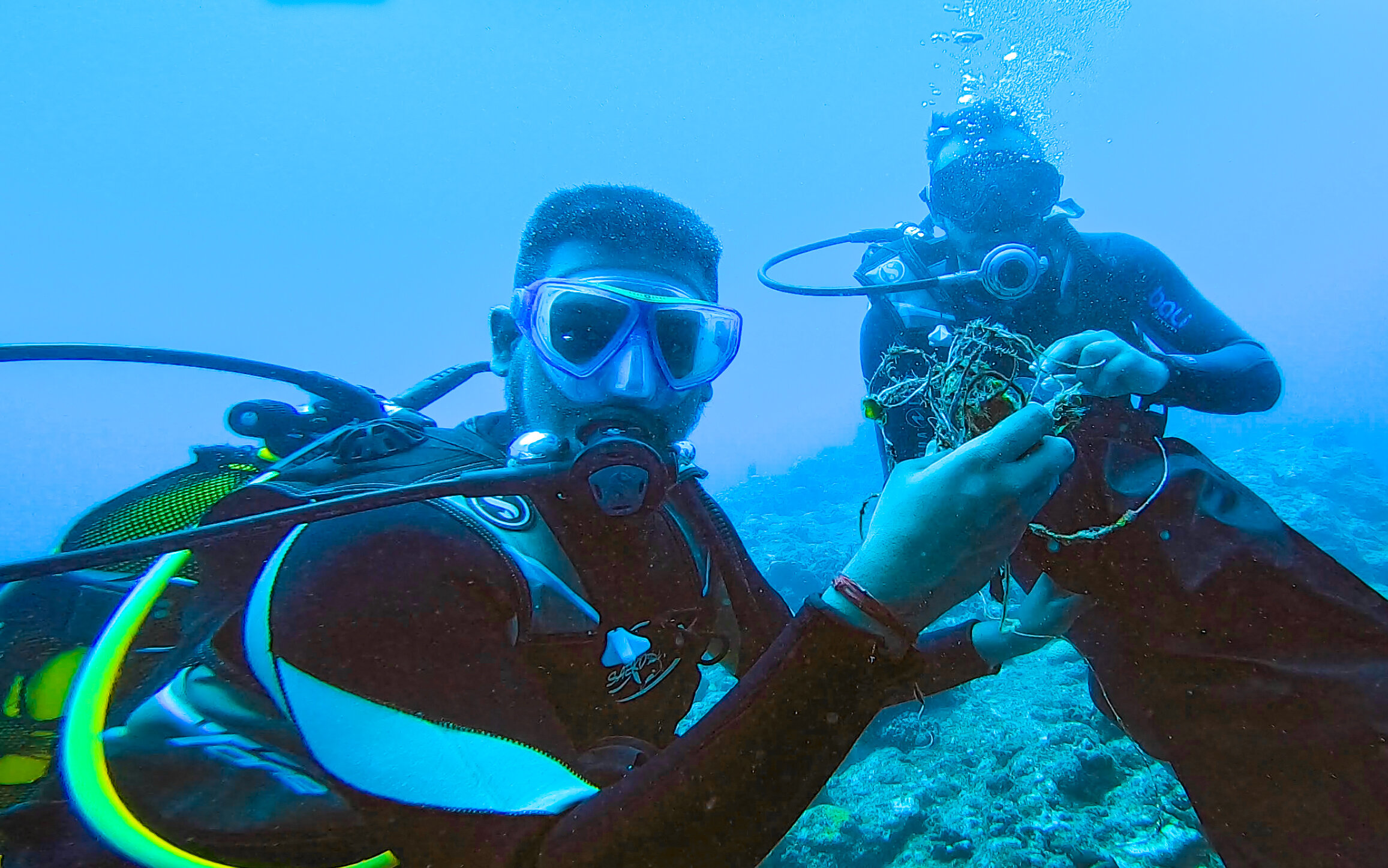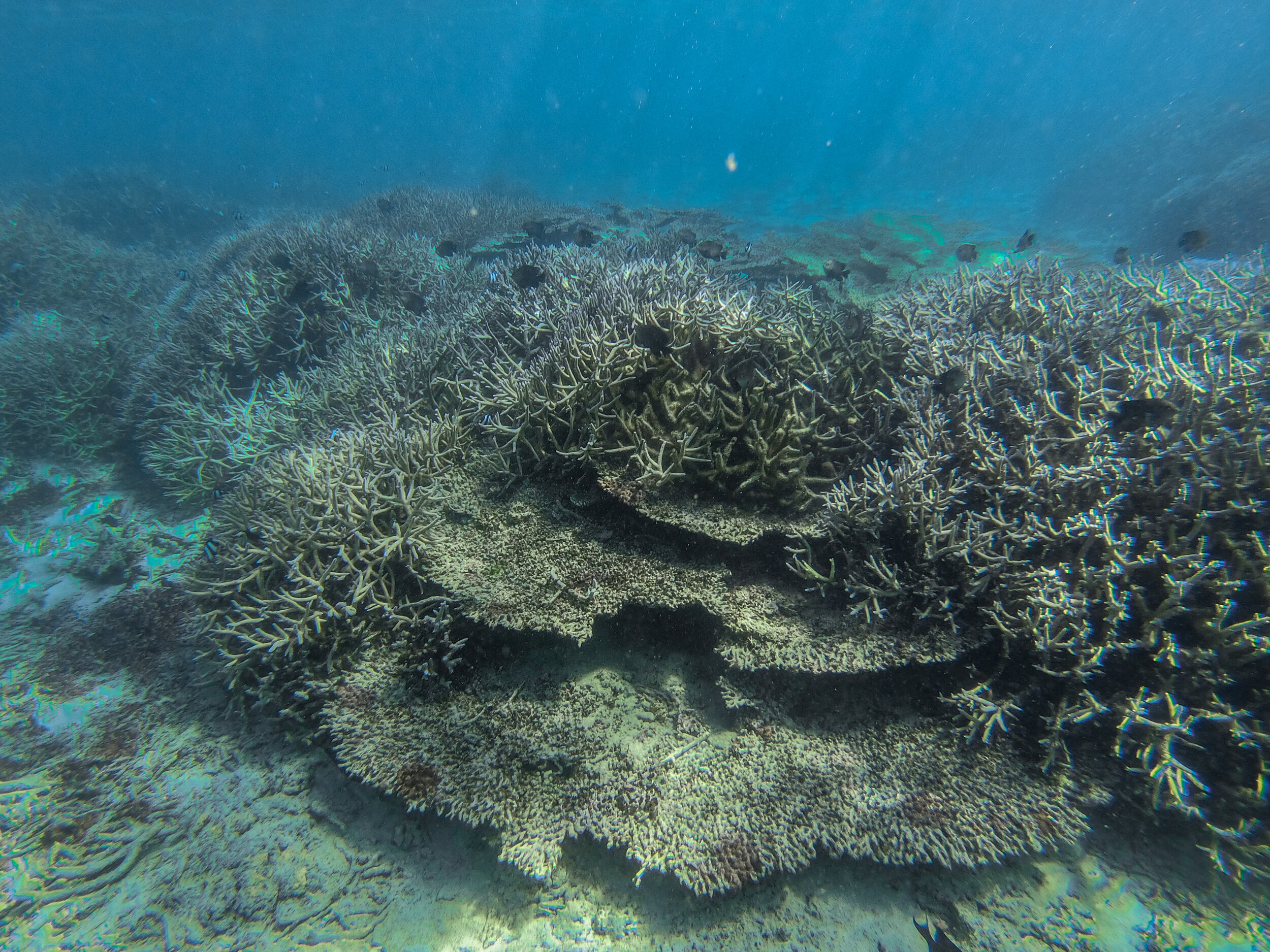Spotlight : Prashant Mohesh
Location: Port Louis, Mauritius
Founder and Expedition Leader at The Oceanic Project, Freelance Photographer, Citizen Scientist, PADI Certified diver with a speciality dive by Project Aware. Explorer, National Geographic #GenGeo community member; which consists of young leaders around the world who are seeking solutions to help protect our planet. Earth Strategy member and Former student at Curtin Mauritius, majoring in Graphic Design.
“Young people are brave and full of hope. They have the ideas, creativity and energy to shape a better world. We should educate and inspire them to become problem solvers so that they can be on the frontline of the most urgent issues of our time to generate a positive social change.”
What is “The Oceanic Project” and what is your role?
I am the Founder and Expedition Leader of The Oceanic Project. My role is to ensure that my team is working to educate the youth on ocean conservation projects and engaging them in beach clean ups. Divers on our team go underwater on a mission to collect data about plastic pollution, micro plastics, coral bleaching, and adopting a dive site. As the Founder of this organisation, I always aim to be a role model to my team members and to society. The Oceanic Project has expanded to Rodrigues, a small, (often overlooked) island in the Indian Ocean. The youth there have great talents but don’t have opportunities to make their voice heard.
Despite work becoming really hectic when monitoring our team in Mauritius and Rodrigues, I love what I do. Love is the only force that gives strength and courage, and serves as my motivation to take action protecting our planet.
What do you do with Project Aware?
I am a PADI Certified Diver with a specialty dive by Project Aware which is the Dive Against Debris. I always dive with a purpose and I assume responsibility for maintaining ocean health and also adopting a dive site. I remove marine debris, collect data, weigh the debris, and then record it online in My Ocean Community. The data will be used by Project Aware to create future protection measures for our ocean.
Can you talk about your experience with the Mauritian Oil Spill?
A ship named M.V. Wakashio lost control and crashed into our pristine coral reefs in the southern part of the island on 25 July 2020. The ship began leaking 1000 tons of heavy oil and then broke apart in mid August. Soon after, thousands of volunteers from across the island arrived in the town of Mahébourg to help clean up.
I was among many of the youth volunteers helping in assembling makeshift floating booms(?) out of sugarcane leaves and other basic materials to contain the spill. Mauritians were working day and night for weeks. It was great to see such a big mobilization.
However, the oil spill had many victims. There were dolphins, whales, turtles and fish that washed up dead on the shore. The most sobering moment was when a group of fishermen saw a dying mother dolphin struggling to save its baby. The baby dolphin was rolling over on its side, floating on the surface, but the fishermen couldn’t do anything to help save the baby. That was the worst environmental disaster ever in Mauritius.
What does “Taking matters into your own hands” mean to you?
We should not wait for the government to take time, react and take action. The youth are bold and dynamic. Across many countries, we see that there is a “youth quake.” The youth are taking action and raising their voice for issues that are important to all of us and also mobilizing others to be on the frontline. Young people are the source of ideas, innovation and solutions for the future. We should educate and inspire them to become problem solvers so that they can be on the frontline of the most urgent and pressing issues of our time and take matters in their own hand and become critical agents of change.
What do you do at Crystal Divers and how does that relate to ocean conservation
Crystal Divers Mauritius is a 5 star PADI Instructor Development Centre. Their resort has a purpose built training pool, available for use by all their students and they are one of two centres on the island to have been awarded the PADI Green Star Award/becoming an Eco Resort by reducing their overall carbon footprint. This is based on their dedication to conservation across a wide range of business functions, including water conservation, energy use, effective waste management, environmentally friendly transportation practices, the use of sustainable materials and the conservation of materials.
I’ve been working with them during a Summer Camp called STEM Marine Conservation that is usually organized for kids 8-14 years old. I have been teaching them about #PlanetOrPlastic, National Geographic multi year effort to raise awareness about the global plastic trash crisis. We also took the pledge by choosing Planet over Plastic. We then made a beach clean up at Bain Boeuf. After the clean up, we made some DIY fun activities from plastic bottles. I’ve put myself in the place of these kids, by thinking creatively of fun some ideas and solutions about how to make them understand that we need to cut the use and single use plastic. My idea was to engage these kids to flower pots from plastic bottles and bracelets. This little activity made them reflect on how plastic takes many years to decompose and that we ought to stop using plastic. This activity has also encouraged them to plant trees and build a connection with Mother Nature.
Do you have any thoughts on witnessing “coral bleaching” events firsthand?
Yes I have! A recent experience was when I was leading a survey expedition on February 20th, 2021 at Blue Bay Marine Park with a marine biologist from The Oceanic Project. We saw how much of our corals are bleaching and dying. We came across a graveyard of dead corals. Coral reefs are like Las Vegas, a city that never sleeps, always in movement. It’s so sad to see fish still calling this their home. This marine park was supposed to be protected by the authorities, but there's a sore lack of that. If we don’t take action to protect our ocean, in the next 30-40 years, all shallow water corals might become extinct. On top of that, it is estimated that in 2050 there will be more plastic in the ocean than fish.
What are your future goals for Mauritius and your peers?
All voices deserve to be heard but in today’s society, youth often don’t feel safe, and can’t advocate for themselves. The Oceanic Project is the voice of tomorrow. We aim to educate others and take action to protect our blue planet. We also want to show them that their opinions, feelings, and perspectives matter and they need to stand up, speak out, and take action because that might inspire others youths around the world. The Oceanic Project is also on a mission to protect 30% of the ocean by 2030 #30x30vision .
What is your role in youth empowerment and have you had any success stories
Mauritians are more or less concerned about the environment. They are empowered and motivated only when environmental catastrophe happens. It is really difficult to compel someone because they might tell me “I am busy, I don’t have time for that.” I had only one friend who I inspired and we’ve been working together for 12 years to make a difference and protect our planet.
This was my first empowerment to inspire someone. We’ve been hiking many mountains in Mauritius and we’ve been making a difference by collecting trash every time we hike. Like we dive with a purpose, we hike with a purpose. After 12 years, in October 2020, we created The Oceanic Project. By sharing some of my exploration photography on my Instagram account, people saw how human impact is affecting our planet. They saw there is power in one person and some people started messaging me that they want to bring their contributions to The Oceanic Project. Our team has been growing in Mauritius and Rodrigues island. I’m grateful for all these young people's efforts and commitment to protect our planet.

